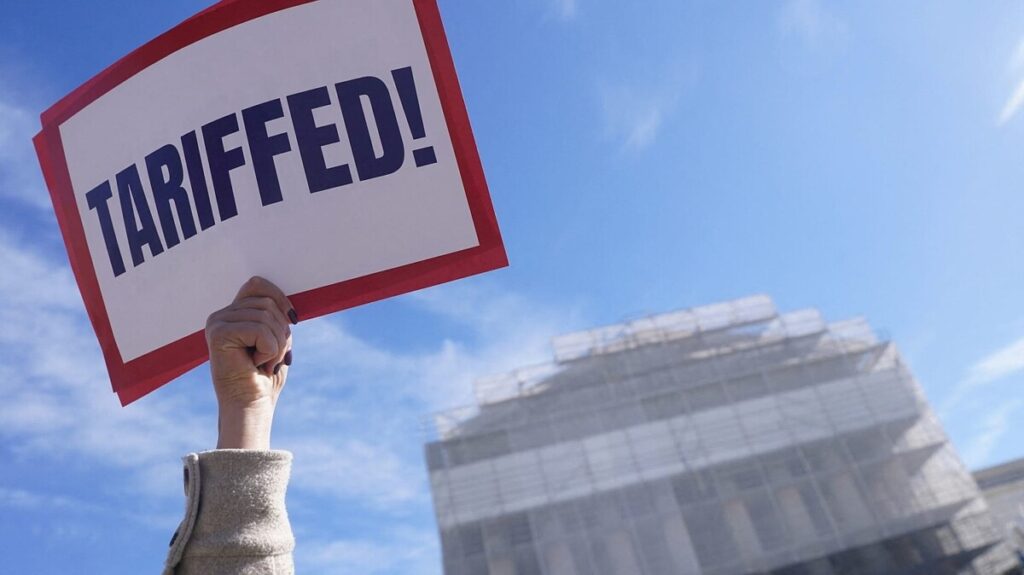If the Supreme Court orders Trump to repay tariffs, U.S. importers say it wouldn’t be ‘messy’
In a significant development regarding U.S. trade policy, U.S. Customs and Border Protection (CBP) has amassed nearly $200 billion in tariffs since the start of 2025. This staggering figure highlights the ongoing impact of the United States’ trade strategy, particularly in the wake of heightened tensions with key trading partners. Tariffs, which are taxes imposed on imported goods, have been a cornerstone of the U.S. government’s efforts to protect domestic industries and encourage American manufacturing. However, the sheer volume of revenue raised through these tariffs has sparked a complex debate about their implications for consumers, businesses, and international relations.
As the Supreme Court delves into the intricacies of tariff collection, concerns have emerged regarding the process of repaying these tariffs, particularly in cases where they may have been deemed unlawful or excessive. The Court’s inquiries reflect a growing awareness of the potential consequences for businesses and consumers who have borne the brunt of increased costs. For instance, industries reliant on imported materials, such as construction and manufacturing, have faced rising expenses, which can ultimately lead to higher prices for consumers. Furthermore, businesses that have paid these tariffs are now questioning the fairness of the system and the possibility of reimbursement, especially in light of changing trade policies and international agreements.
The discussion surrounding tariffs and their repayment is not merely a legal issue; it touches upon broader economic principles and the delicate balance of global trade. The nearly $200 billion collected by CBP underscores the scale of the U.S. government’s reliance on tariffs as a revenue source, raising questions about the long-term sustainability of such a strategy. As the Supreme Court continues to evaluate the legal frameworks governing tariff repayments, stakeholders from various sectors will be closely monitoring the outcomes, as they hold significant implications for the future of U.S. trade relations and economic policy. The resolution of these concerns may well shape the landscape of international commerce and impact everyday consumers and businesses alike.
U.S. Customs has collected nearly $200 billion in tariffs since the beginning of 2025. The Supreme Court has raised concerns about the process of repaying them.
Eric
Eric is a seasoned journalist covering US Politics news.


